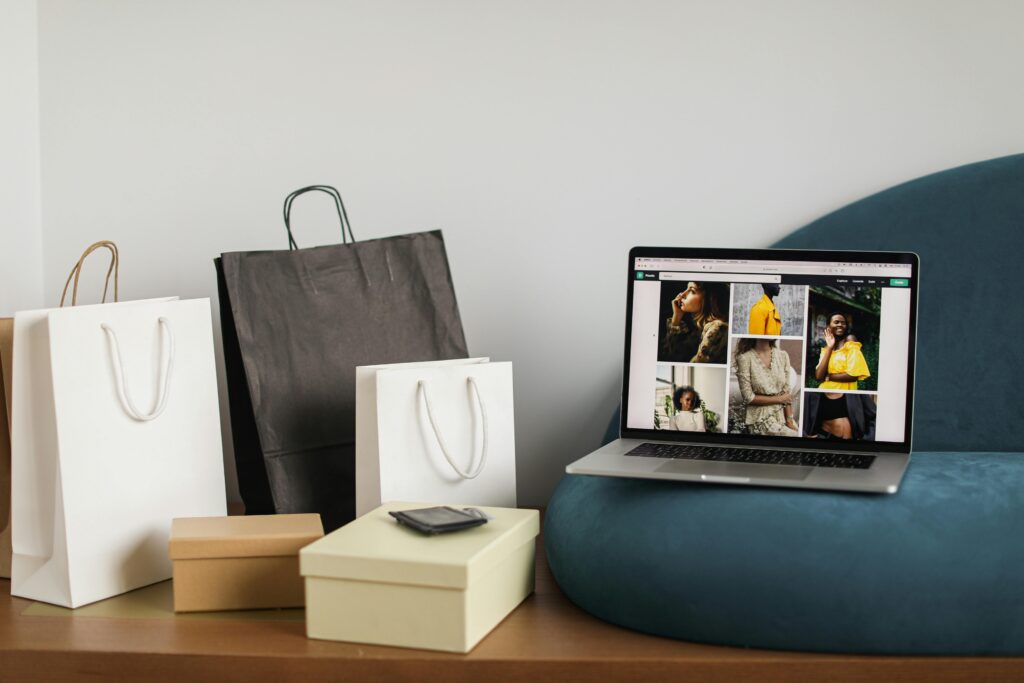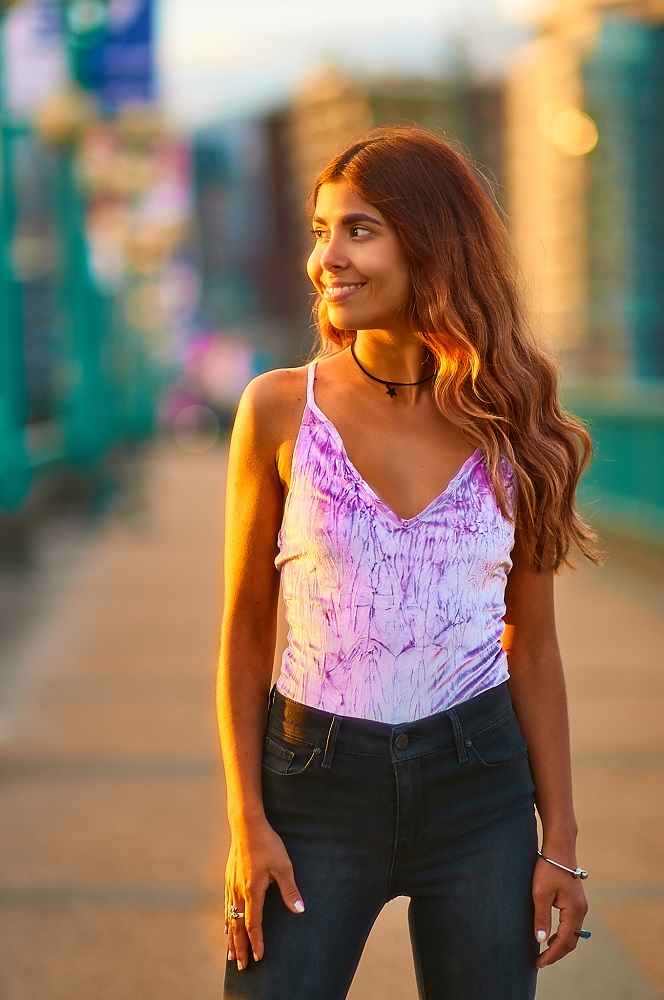
They say your website is like your digital business card. A total reflection of your brand and ethos. And if you have a fashion or lifestyle brand, your website will also serve as your online storefront. Either way, it’s kind of a big deal.
Potential customers will be heading to your website for a few reasons. To browse (and hopefully shop) your selection of products, of course … but also to learn about your brand. Especially if they’re serious about hitting that ‘add to cart’ button.
While visuals and the overall aesthetic of your website are important, it’s the copy that’s going to instill the trust needed to actually get customers to convert. I mean, sure, repeat customers might be fine with basing their decisions purely on images and vibes, but anyone that’s not as familiar with your brand will want details. And lots of them.
We all know that online shopping is a bit of a gamble, so it’s up to your website to reassure customers that your products are worth the risk. Whether your brand will have a primarily digital platform, you’re building an ecommerce shop to complement your physical storefront, or you feel like your existing fashion or lifestyle ecommerce website needs a little refresh, here are the pages you should definitely include on your website.

Home page
Well, this is kind of a non-negotiable. Every website needs at least one page, so it’ll be the home page.
Your home page is the introduction page to your brand, so make sure it covers all the bases by explaining what your brand is about and what you do. You can also use it to highlight featured products and collections, but make sure you don’t skip out on step one. No matter how pretty your home page may look, it needs have depth to it as well so readers know exactly where they are and what they can expect from your brand.
Your home page copy doesn’t have to be long, so think of it as the elevator pitch version of everything you’re trying to explain about your fashion or lifestyle business.
About page
Ah, the dreaded about page.
Many business owners may feel nervous about this page, especially if they’re more introverted and don’t like talking about themselves. Besides, do you really need one if your home page explains what makes your brand special?
Well, you don’t technically need one … but consider this:
– 52% of people say that they want to see an about page when they first land on a website
– 31% of people say that an about page is the most important page on a website
– Customers who visit an about page spend 22.5% more than those who do not
[Stats from Business Dasher]
All in all, it makes your website seem more legit and trustworthy. And if you’re nervous about it? Remember that your about page doesn’t actually have to be about you as a person or a business owner.
It should tell the story and mission of your brand while focusing on your customers. Or rather, what your brand can do for your customers. You can maintain a certain level of anonymity if that’s what you prefer – just be sure to keep your brand’s ethos and vision front and centre. So don’t think of it as an ‘about you’ page; think of it as an ‘about what we can do for you’ page.

Materials/Ingredients
A materials page is a huge bonus if you’re a fashion or jewelry brand. If you’re a beauty, skincare, or aromatherapy brand, call it an ingredients page.
Your customers will want to know what your products are made out of for a variety of reasons. Maybe they have certain lifestyle preferences or sensitivities/allergies, or maybe they’re just curious. Either way, having a materials or ingredients page makes your brand appear more transparent and trustworthy.
This is super important if you make any specific claims, like saying you’re a luxury or eco-friendly brand. You’ll always want to be able to back up those claims, otherwise you risk losing credibility.
Even if you mention your materials or ingredients in other parts of your website copy, it’s nice to have a dedicated page so your customers can quickly find what they’re looking for. With that said, it doesn’t need to form part of your main menu. It can be a sub-page on your about page, for example, appearing on a drop down menu.
Sustainability
This isn’t a necessity if you’re not claiming to be a sustainable brand. But if you are, you’ll definitely want a dedicated sustainability page.
It’s the same principle as having a materials/ingredients page. You’ll want a space where you can outline the exact ways you’re upholding your commitment to sustainability, unless you want to risk looking like a greenwasher.
Use it to explain all the ways your brand is making a difference, from working with specific materials to production practices and charities you may partner with. Transparency is crucial when it comes to sustainability, so don’t hold back on sharing what you’re doing.
Again, this can be part of an about section drop-down menu rather than an individual tab on a main menu, but you’ll definitely want it to be visible.
Unique offers
Does your brand provide any special services or offers? Maybe you’re a clothing brand that offers personal styling sessions, or a jewelry brand that offers customization services.
Whatever unique offers your brand may provide, highlight them with a separate page. It’ll help your brand stand out, and it will be easier to find for those that are looking for specialized services.

FAQ
Is it worth having a FAQ if you have a bunch of pages that give an in-depth explanation of what your brand does?
Yes. Yes it is.
It’s good to have both comprehensive and scannable versions of necessary information to cater to both types of customers. And to satisfy the SEO gods, but that’s another story.
But essentially, in today’s world attention spans are short, so some people will definitely be looking for quick and easy answers. A FAQ will help with that. It can also help to defer unnecessary customer inquiries, so that’s also a plus.
Blog
Well, I’m a bit biased here, but having a company blog is a great way to boost SEO and draw in organic traffic. It can also be a resource hub for your customers so they can receive ongoing value from you.
I have a more detailed explanation for why having a blog for your fashion or lifestyle business is beneficial here, so I’ll keep this section brief. But let’s just say there’s a reason so many businesses still rely on blogging in their overall marketing strategy.

Website copy for fashion & lifestyle brands
Need help creating or updating the website copy for your fashion or lifestyle brand? Whether you’re starting from scratch or doing a refresh, I’m here to help with my website copywriting services.
If you’re interested in working together, drop me a line to see what I can do for you!